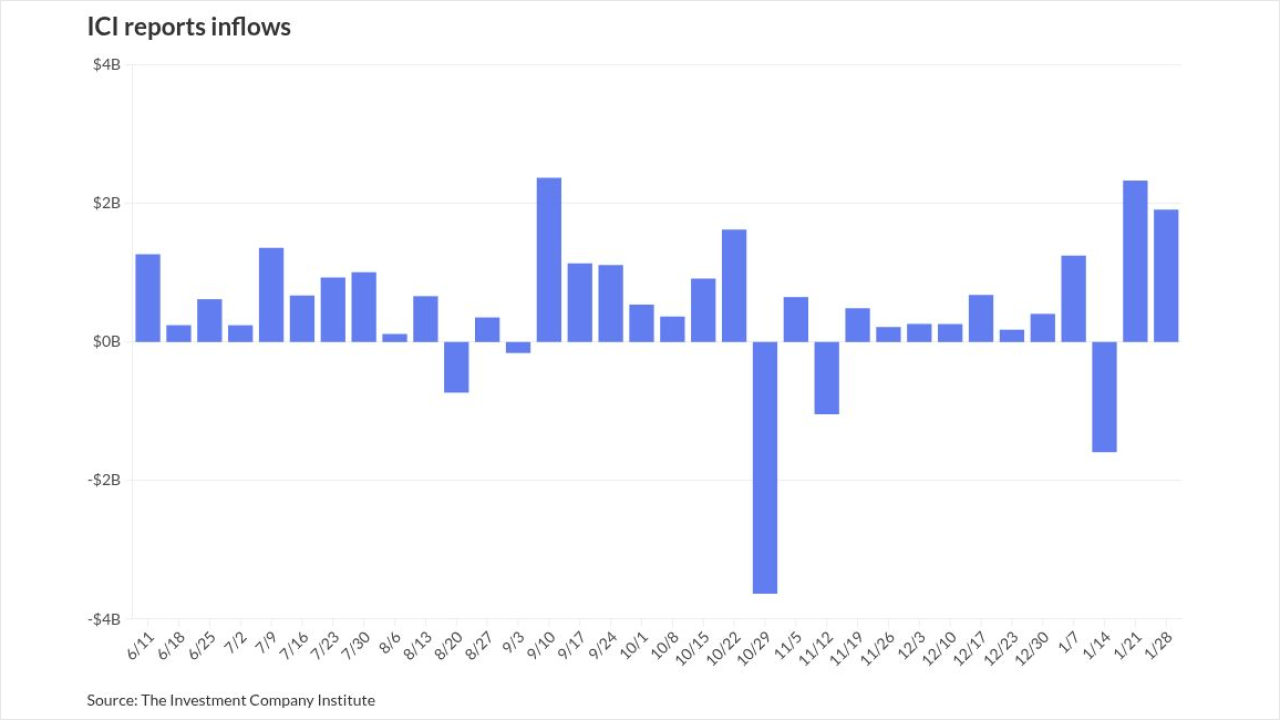WASHINGTON — Wells Fargo and the Securities and Exchange Commission proposed an $812,500 settlement in the 38 Studios case that would leave banker Peter Cannava to battle for his career on his own.
The motion for a consent judgment, along with a motion from the SEC to dismiss Wells Fargo from the ongoing litigation in federal court in Rhode Island, was filed Monday. It must still get approval from the judge presiding over the case. If allowed it would leave Cannava as the lone defendant remaining in a civil lawsuit that once included not only Wells Fargo but also the Rhode Island Economic Development Corp.
Under the terms of the judgment Wells Fargo agreed, without admitting or denying the SEC’s allegations, to pay the civil monetary penalty and be enjoined from further violations of the antifraud provisions of the securities laws and the Municipal Securities Rulemaking Board’s fair dealing rule.
A Wells Fargo spokesperson declined to comment on the agreement, citing the fact that it hinges on final approval from the court.
The litigation stems from the SEC’s 2016 charges that Wells Fargo, Cannava, and the RIEDC (now called the Rhode Island Commerce Corp.) misled investors when they executed a $75 million private placement of bonds to help relocate then Massachusetts-based video game developer 38 Studios to Rhode Island. The company's board chair and majority shareholder was former Major League Baseball player Curt Schilling.
The RIEDC lent 38 Studios $50 million of bond proceeds and used the remaining funds to pay related issuance costs and to establish a reserve fund and a capitalized interest fund. The loan was meant to be repaid with revenue 38 Studios generated from a game it was developing. However, the bond placement memo failed to disclose to investors that 38 Studios needed at least $75 million to produce the game and even more money to relocate to Rhode Island, the SEC said. The video game company never got the extra financing and eventually defaulted on its loan in 2012.
The RIEDC settled early in the case, but Wells and Cannava, who remains a registered broker with Wells Fargo Securities, continued to fight the charges. They told the court that the alleged omissions from the private placement memorandum were not material to investors, who were already aware of the deal’s risks because they were disclosed through other means.

The defense attorneys also accused the SEC of unfair conduct, telling the court that the commission’s lawyers crafted misleading statements for its expert witnesses and failed to disclose all of its witness statements to the defense as required by law. In an unusual move, U.S. District Judge John J. McConnell, Jr. last year sanctioned the SEC for withholding evidence and ordered the witness discovery phase of the trial reopened.
Cannava’s attorney, Brian Kelly of the law firm Nixon Peabody, has said that Cannava will not settle. Such settlements often include a bar from the securities industry, which would effectively end Cannava’s 16-year career as a broker.





